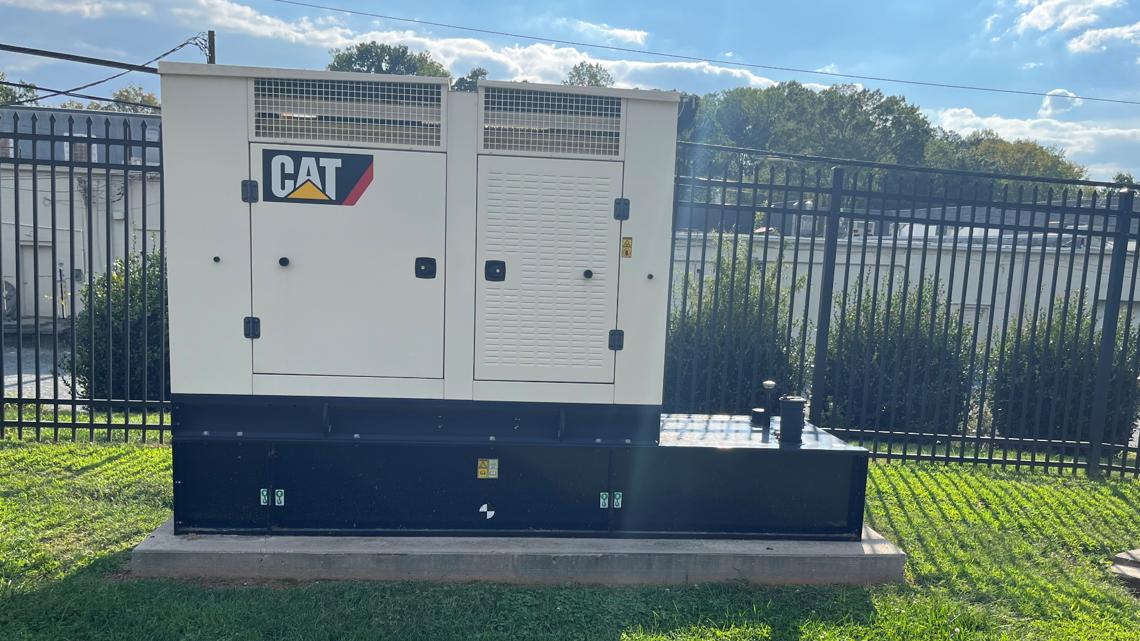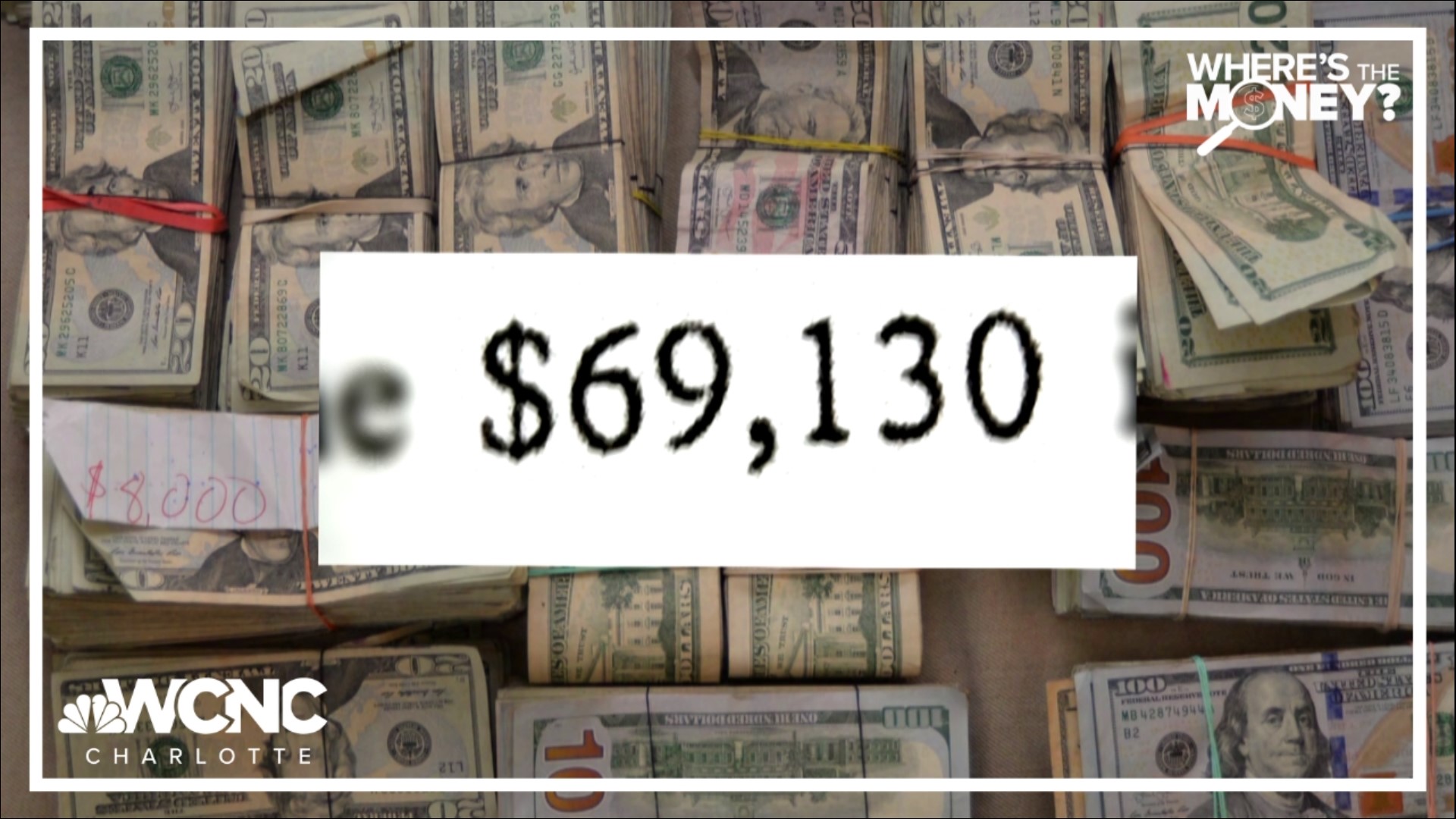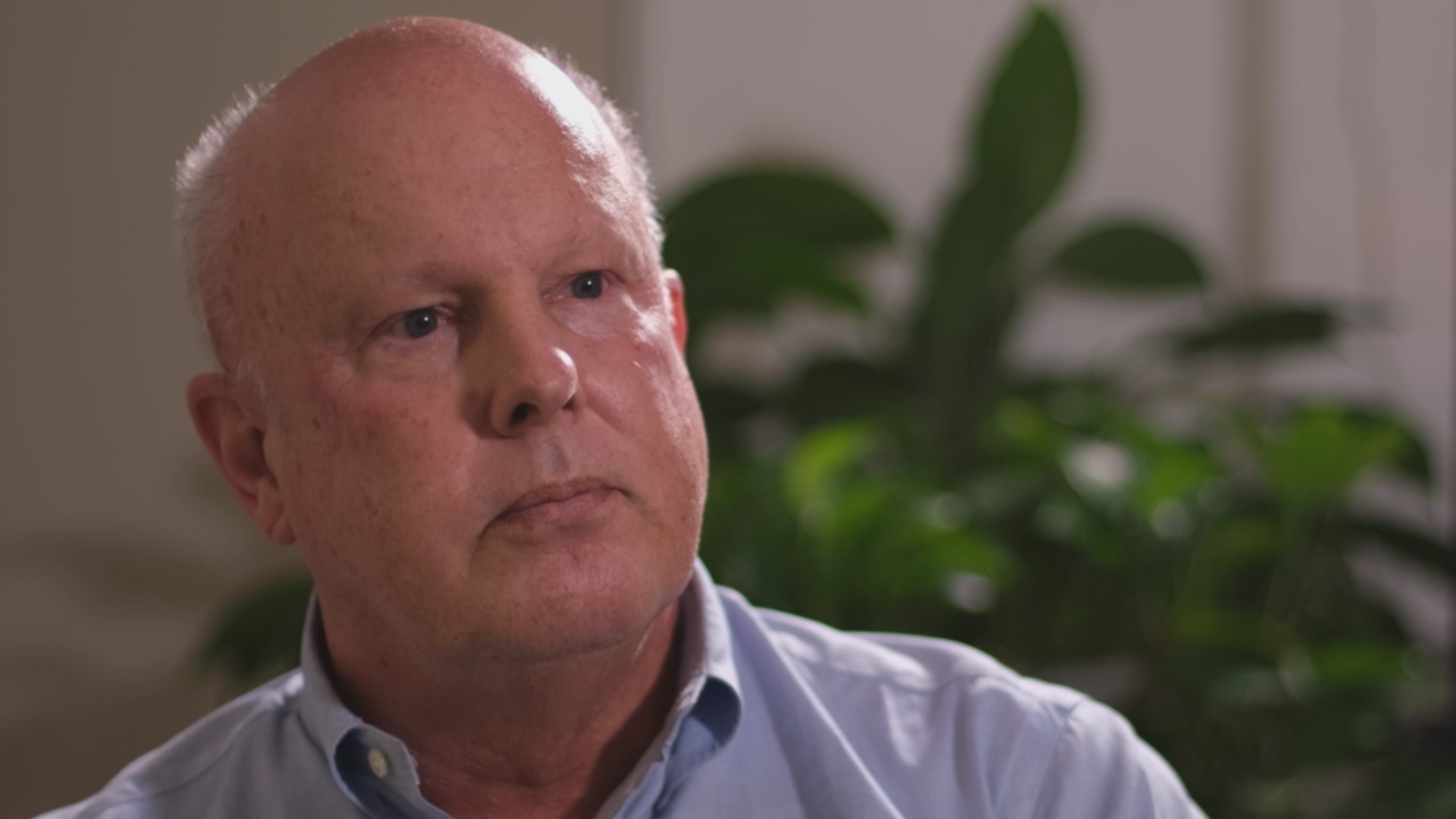Feds, Mint Hill police quietly keep $69,000 in seized cash, sex abuse victim loses out
A decision by the Mint Hill Police Department to seize a man’s money means a child victim of sex abuse won’t get the $69,000 a judge ordered the agency to turn over.

He secretly took her innocence. Police quietly took his money. Prosecutors eventually took his freedom.
The sex offender is now serving time in prison for taking indecent liberties with a child, but his victim says she can't move on.
Now 17, the high school senior is waiting for the Mint Hill Police Department to comply with a court order and turn over the $69,130 officers seized from her abuser. The department refuses.
"I've been dealing with this since I was 5 years old and I'm almost 18 and I just want to move on to the next chapter of my life," the teen said while holding her mother's hand. "That money was going to help me do it and without it, it just feels like three steps back. It's honestly so frustrating and difficult."
"How can they sleep at night?"
Her mother, who works for an area law enforcement agency as a victim's advocate, calls it an injustice.
"I just think this is completely unjust," she said. "How can they sleep at night? How can they say, 'This is ok?'"
Since the teen is a victim of a sex crime, WCNC Charlotte will protect the family's identity. WCNC Charlotte only knows about this case because a family friend asked Nate Morabito to investigate.
Records show when MHPD investigated the sex abuse case in July 2019, they found suspected marijuana, drug paraphernalia and cash inside the suspect's home. The victim's family and their attorney said, at the time, an officer assured them the money would be available to one day pursue in a civil suit and in the years after, continued telling them the money remained held in property.
"The lead detective always said, 'Yes, it's there,'" family attorney LaRocha Moore told WCNC Charlotte. "We were always under the understanding it was always there."


It wasn't there. Moore said an evidence clerk recently shared the news.
"He says, 'Yes, we got your order, but we don't have the money," Moore recalled. "It's been forfeited.'"
Police quietly kept the cash
Unbeknownst to them, investigators seized the cash and partnered with a federal agency to apply for asset forfeiture, citing probable cause of illicit drug activity. MHPD investigators never charged the suspect with any drug crimes, only sex offenses, but that didn't prevent the department from eventually collecting more than $45,000 of the seized money in 2020 through what's called the Equitable Sharing Program, according to records. The federal government received the rest of the money.
The suspect, Mario Alberto Gomez-Saldana, II, didn't plead guilty to multiple sex crimes until almost three years later in May 2023. He's currently serving a several-year prison sentence.
"Morally, it was absolutely the wrong thing to do. I don't know how anybody could have taken the action they took, knowing that there was a victim," Moore said. "You knew we were going after the money, so you could have just left it there."
The victim and her family said they only learned of the department's surprising decision in recent months after they sued the suspect in civil court and secured a consent order in June (signed by the defendant's attorneys and a Superior Court judge), requiring the department "or any individual, organization or entity in current possession" to turn over the $69,130 within 10 days, so the teen could stake her claim.
"This is to inform you that MHPD does not have this money," the police department's attorney said in a July email, noting it was forfeited on March 3, 2020.
Paperwork shows the federal government published a notice of the seizure online in November 2019 before declaring it forfeited several months later.
"Somebody needs to call them out," the victim's mother said. "You're policing for profit."


Federal law allows local and federal agencies to routinely work together to collect seized money.
A simple Google search of the suspect's name identifies a news release showing he won the lottery in 2018, roughly a year before his arrest, and took home $70,507 in winnings after taxes.
Despite MHPD using illegal drugs as the premise for taking the man's money, the agency relied on U.S. Customs and Border Protection through the U.S. Department of Homeland Security for the asset forfeiture, records show.


MHPD's attorney Scott MacLatchie said it's "very common" for a federal agency to adopt a seizure once contacted by a local department, including when there's an existing relationship between them. MacLatchie confirmed the MHPD lieutenant who handled the money transfer is a member of the Homeland Security Investigations task force.
Mint Hill PD responds
"People are going to say, 'This feels wrong.' Don't you think so?" WCNC Charlotte asked MacLatchie.
"To me what feels wrong is this woman was misled," MacLatchie replied.
"By the Mint Hill Police Department," WCNC Charlotte interjected.
"She said she was told that," he said. "Of course, I asked, 'Did someone tell this woman that they could get this money,' and I'm told, 'No. No one would say that.'"
MacLatchie signed the equitable sharing paperwork.
"If she was led to believe that, I get it. I get she is frustrated," he told WCNC Charlotte. "We did not treat this any differently than we do any other seizure where there is a basis for transfer to federal jurisdiction. I believe that all of the boxes were checked and that this was above board."
MacLatchie said the judge's order secured by the family is non-binding for a variety of procedural reasons. For one, he said the court should've notified MHPD, a third party, before taking any action.
“The procedural steps that are provided by the law did not happen here,” he said. "I am 100% certain that had (the judge) known that this order related to money that three years prior had already been forfeited by the feds, he would not have signed the order."
Most notably, he said the state court does not have authority over the money. Instead, MacLatchie said a federal court has jurisdiction.
"Once it goes over to the feds, we have no further say of what they do with it," he said.
"Are you all at peace with this?" WCNC Charlotte asked MacLatchie.
"What I'm at peace with and obviously, I'm looking at this you have to understand through what I would call a sterile lens. The legality of it..." MacLatchie said. "...I understand what she's saying. Am I at peace with it? I am at peace that we followed the law."
Guidance from the U.S. Department of Justice makes it clear not all investigations will result in equitable sharing, noting "victim compensation always takes priority over equitable sharing."
MacLatchie said he's never encountered a case where someone other than the original owner of the seized property has tried to establish standing.
A history of equitable sharing
North Carolina has what are considered some of the strongest asset forfeiture protections in the country. However, by working with the federal government through equitable sharing, police departments can still receive money under the argument they're disrupting illegal activity. The standard of proof for forfeiture is only a preponderance of the evidence.
Internal records show MHPD alone has collected almost $900,000 through the program since 2018. Records show the agency has spent roughly $300,000 on operations and investigations, training and education, facilities and equipment, including wheeled tactical vehicles. According to department records, MHPD's equitable sharing balance remained at $685,000 as of August 2023.
"They call it policing for profit. Do you think this is fair?" WCNC Charlotte asked MacLatchie.
"I don't think that's a fair characterization," he replied. "I believe equitable sharing is fair."
Several members of Congress disagree. A bipartisan bill that would end the Equitable Sharing Program passed unanimously in committee earlier this year. A floor vote is expected later this month.
Money used to buy generators
For the teen victim in the Mint Hill case, she said what she's learned in the months after her abuser went to prison has only left her with even more pain and suffering.
"It's honestly really difficult," she said,
Her mother said she only wants what's fair for her daughter.
"Just because you can do it, doesn't mean you should do it," she said. "My daughter was brave enough to speak up. She was resilient enough to live through these entire legal processes. Not just the criminal, but the civil case. She's strong. I admire her a lot."
As she tries to take back her power, the teen now has to come to terms with the fact the money she expected would help her start fresh, MHPD used, instead, to buy several generators.


WCNC Charlotte emailed all Mint Hill elected leaders about this case and asked what remedies the town is discussing. More than a week later, neither the mayor nor any commissioners responded.
"I have no comment about the email you sent," Mayor Brad Simmons eventually said when reached by phone. "Our legal department has asked us not to comment on it."
WCNC Charlotte is always asking "where's the money?" If you need help, reach out to WCNC Charlotte by emailing money@wcnc.com.




